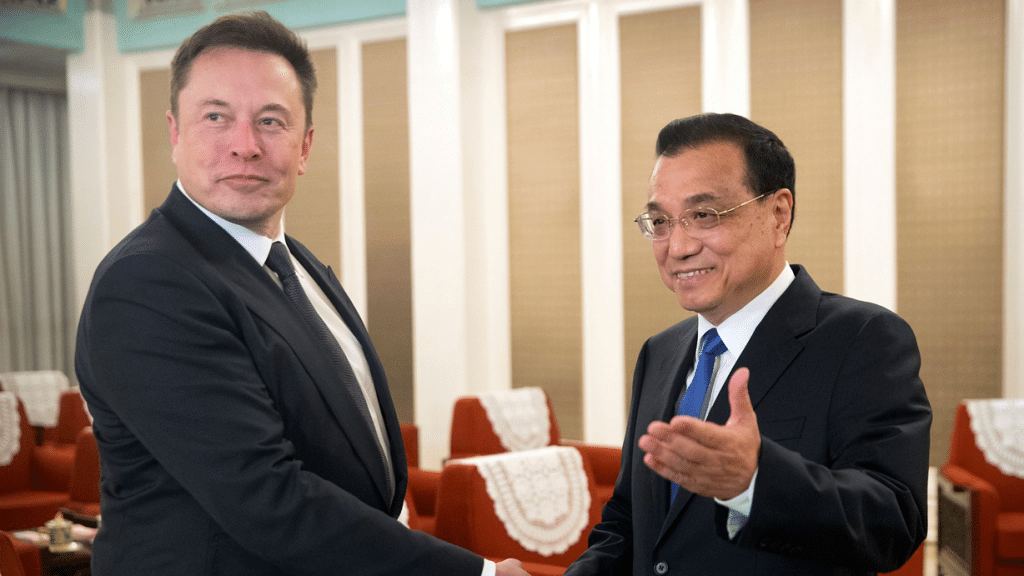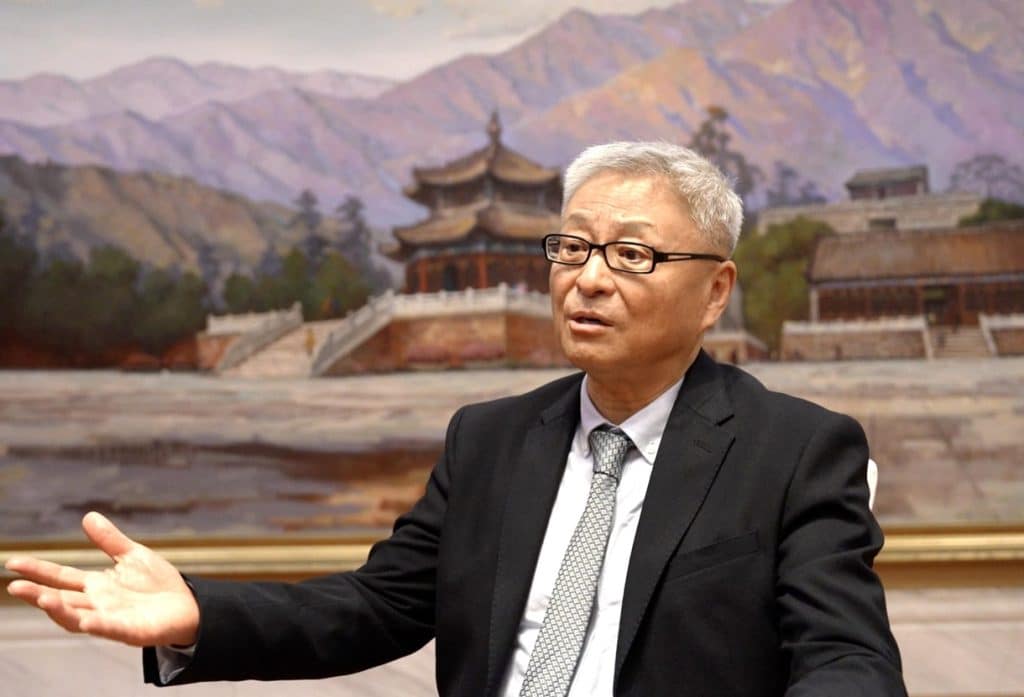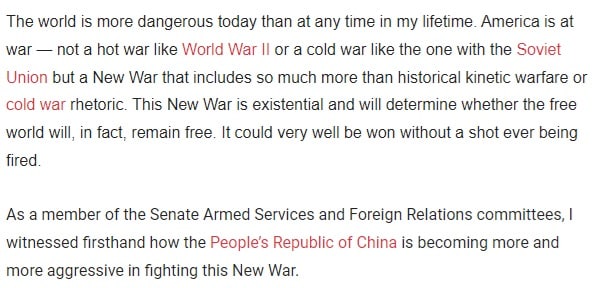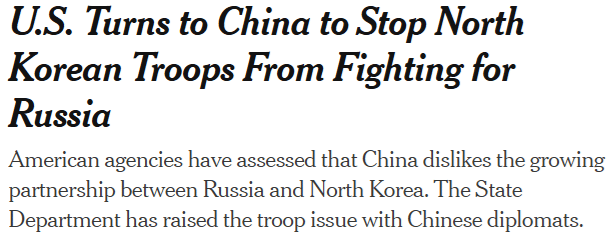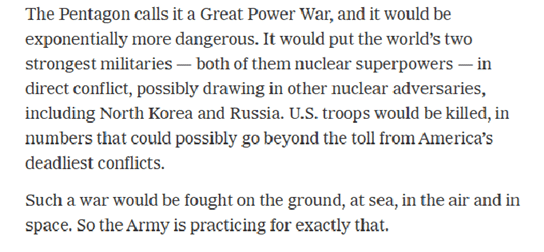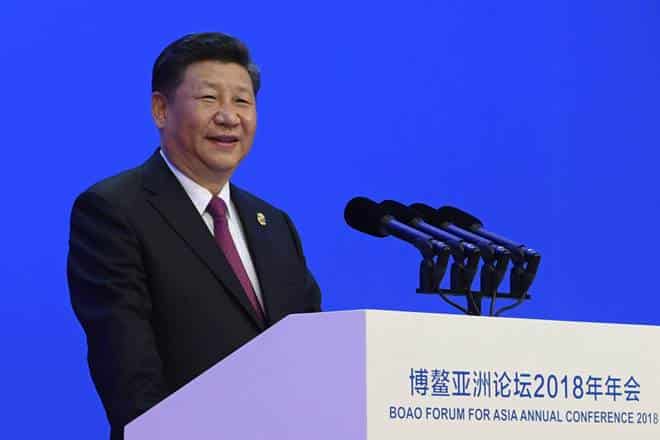Normalization of US-China Relations (Part I)
作者:Robert Hinck 来源:US-China Perception Monitor
Most scholarship on US-Chinese relations has either focused on Nixon and Kissinger’s rapprochement with China or viewed President Carter’s normalization of relations with China as only one part in the larger story of US-China relations. This forthcoming series of commentaries is designed to reverse this tradition.Understanding exactly how the US and China were able to complete the final step in normalizing relations, despite disagreement over Taiwan, can help us understand the negotiated basis of the relationship and how the relationship has evolved since. In this first installment, I will lay out the general conditions in which normalization unfolded during the Carter presidency. The installments will proceed in three major sections: Setting the Stage & Domestic Realities, Moving Towards Negotiation, and Negotiating Normalization.
Part I: Setting the Stage & Domestic Realities
Setting the Stage: After Kissinger and Nixon’s rapprochement with China, both countries assumed that full normalization of relations would quickly follow—Nixon had even planned to do so in his second term. However, political turmoil in both countries prevented this from occurring. The Watergate scandal in the US, followed by President Ford’s pardon of Nixon, sapped the political capital needed to go forward with normalization in the US. In China, Mao’s declining health and the societal chaos unleashed by China’s Cultural Revolution favored anti-US hardliners, creating a political atmosphere deleterious to negotiations. It was not until Mao’s death and Deng’s political ascension that China was truly ready to normalize relations. The US was similarly not ready to normalize relations until President Carter came into office and, upon becoming disillusioned by Soviet expansionism, placed his National Security Advisor Zbigniew Brzezinski (known as an anti-Soviet hawk) over Secretary of State Cyrus Vance (known to favor détente with the Soviets) in charge of America’s China policy. Whereas under the Nixon and Ford administrations US-China relations were anchored by shared distrust of the Soviet Union, during the Carter administration the relationship was expanded to include issues such as economic development, Deng being the driving force behind this change.
Domestic Realities: Domestic considerations and bureaucratic infighting played significant roles in both the US and China leading up to the normalization process during the Carter administration. In order to push forward his modernization agenda Deng had to out maneuver the left wing of the Chinese Communist Party (CCP) during the aftermath of the Cultural Revolution. Meanwhile, during the Carter administration the US was preoccupied with issues other than normalization with China; Soviet policy at the time was détente, the cooling of tensions between the US and Soviet Union. But normalizing relations with China was seen as a potentially destabilizing move, significantly shifting the balance of power against the Soviet Union, and thereby adding tension to the US-Soviet relationship. Therefore, those in support of normalizing relations with China needed to reframe US foreign policy by painting the Soviet Union as untrustworthy and expansionist requiring strong US action to counter Soviet encroachment.
For China, the Cultural Revolution, finally brought to a conclusion by Mao’s death, had left China’s economy, society, and political structure in ruins. Deng saw how weakened China had become. Domestically, the Cultural Revolution and Mao’s death left the Chinese disillusioned by the Chinese Communist Party (CCP), placing CCP legitimacy in a precarious position. Internationally, with the US withdrawal from Vietnam, the Soviet Union began creeping into Asia threatening to surround China. Deng saw that the people’s faith in China’s Communist Party needed to be restored and to do so, China needed to modernize. While modernization would improve general Chinese well-being, it would also increase China’s economic and military might. Deng knew that Japan, South Korea, and Taiwan relied heavily on American science, technology, and education in their development and thus wanted to increase China’s ties with the US in these areas. For Deng, normalizing relations with the US would not only advance his political agenda, which was threatened by Hua Guofeng and left-leaning officials struggling for control in wake of Mao’s death, but it would also give him a personal political victory to cement his political base in the upcoming Party Congress. Therefore, China’s domestic politics helped to drive Deng’s desire to quickly normalize relations with the US.
Conversely, the American political environment was not so accommodating. Normalization of relations with China was not a high priority for the Carter administration, at least for the first year. There were several potential hurdles to normalization: the Taiwan lobby in the United States, the second Strategic Arms Limitation Treaty (SALT II) with the Soviet Union, and Vietnam’s interest in normalizing relations with the United States. The Taiwan lobby was made up of strong anti-communists and those who felt that the US was turning on its ally, Taiwan (Republic of China), during a time when faith in the US as an ally was at a low because of US withdrawal from Vietnam. The US Soviet policy at the time was détente, or the cooling of tensions between the US and Soviet Union. Therefore, priority was placed on the SALT II Treaty and cooperation with the Soviet Union was encouraged. In this context, normalizing relations with Vietnam was seen as a sign of cooperation with the Soviets because the Soviet Union was increasing its ties with Vietnam after the US withdrawal. Additionally, strengthening ties with China, who behind closed doors was strongly anti-Soviet, was seen as a potential anti-Soviet provocation. It was not until Carter became disillusioned with Soviet expansionist behavior in Africa leading up to the SALT II Treaty, and Brzezinski’s bureaucratic outmaneuvering of Vance on foreign policy issues, that Carter was willing to take a more pro-China approach over cooperation with the Soviet Union.
Photo: Deng Xiaoping and Jimmy Carter Press Conference by White House Photographer, 1979 / National Archive
来源时间:2018/4/6 发布时间:2012/7/13
旧文章ID:15853


